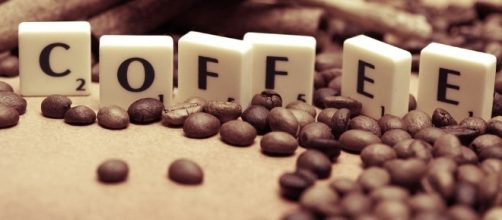Besides the profound joy of seeing and smelling a cup of coffee during mornings, there’s plenty of evidence suggesting that a morning cup of joe or a midday coffee break can influence your health quite positively. In adults, it is advised to consume coffee less than 400 milligrams daily, but what would happen if you go way over the suggested serving?
Sadly, some people might need to reduce or stop their daily caffeine fix. Experts say that pregnant women should not take more than 200 milligrams of caffeine a day. Those who suffer anxiety and are prone to panic attacks should avoid coffee and other caffeinated products as well.
Having a hard time quitting coffee?
The problem starts when caffeine becomes something you need, rather something you enjoy. It becomes an addiction, and like all addictions, quitting is tough, and Caffeine Withdrawal has some unpleasant side effects.
It wasn’t until a few years ago when the American Psychiatric Association's Diagnostic and Statistical Manual of Mental Disorders (DSM) considered caffeine intoxication and withdrawal as a diagnosis for mental disorders. Its inclusion is controversial and made news in 2013, but what this implies is that people under caffeine withdrawal and intoxication suffer symptoms very much like to those of other mental disorders.
What exactly is caffeine withdrawal?
Before it can qualify as a mental health concern, caffeine withdrawal (and all other forms of substance withdrawal) must meet certain criteria listed in the DSM. Proposed criteria include three or more of the following symptoms within 24 hours of abrupt cessation or reduction:
- headache
- difficulty concentrating
- irritability
- fatigue or drowsiness
- nausea, vomiting, or muscle pain/stiffness
Is it possible to cut down on coffee without the withdrawal symptoms?
While it may not totally eliminate all the unease brought by withdrawal, there’s a way to reduce the risk. It's best to start slow - start reducing your coffee intake bit by bit. Experts recommend cutting back on coffee and other caffeinated drinks about 10 percent every two weeks.
It will take months before you get to be completely caffeine-free, but the good thing is that symptoms will be milder. Gradually, you can also opt for other options, such as decaffeinated or un-caffeinated versions of your favorite drink.
A lot of people prefer to quit bad habits cold turkey, but this method is a big no-no for caffeine elimination. Quitting coffee abruptly tends to worsen caffeine withdrawal symptoms substantially. Remember, try cutting back gradually.


